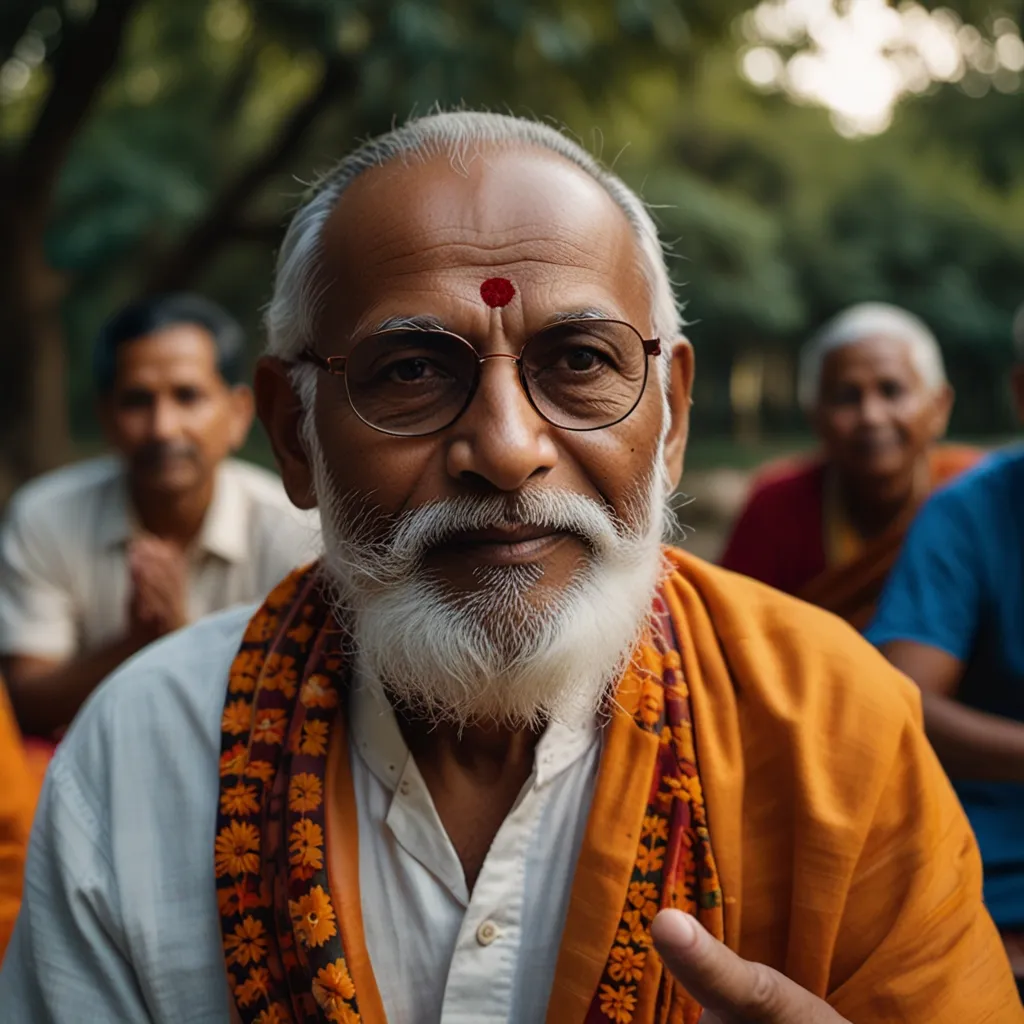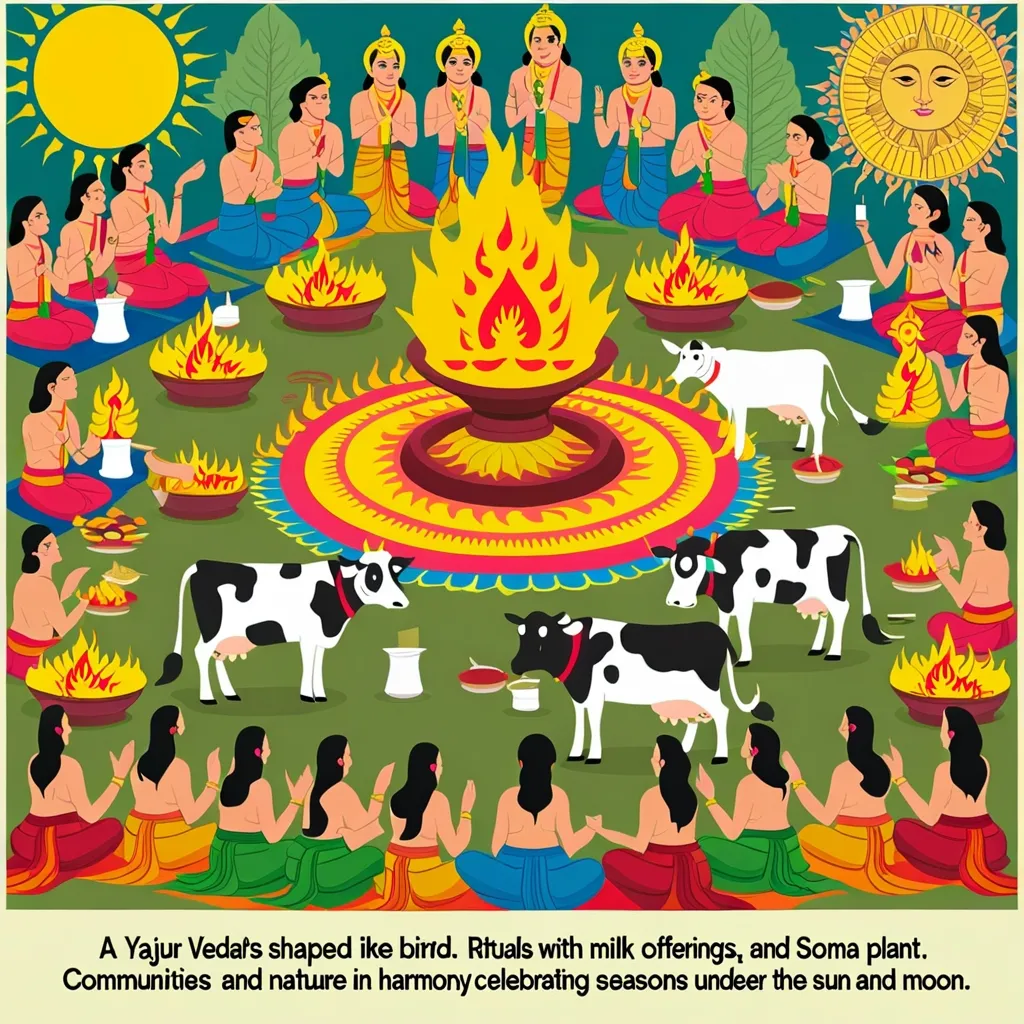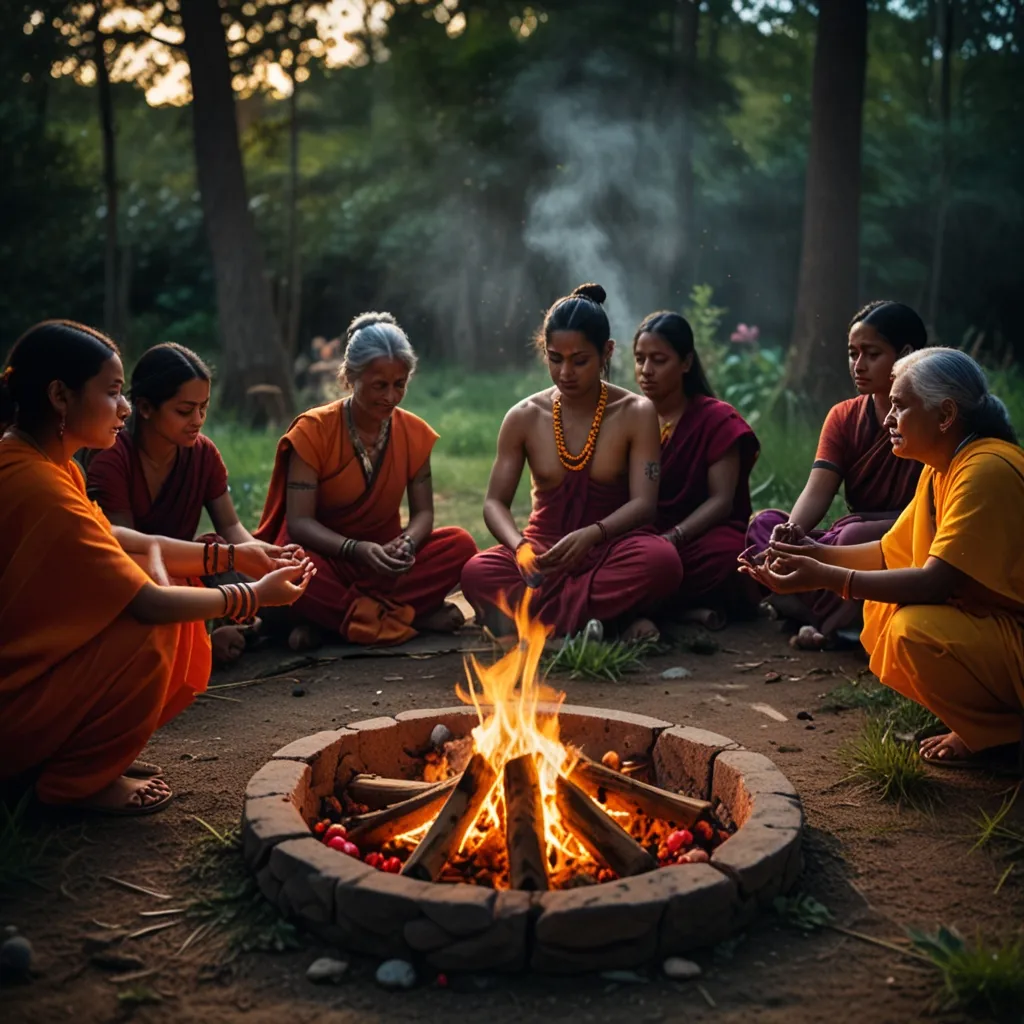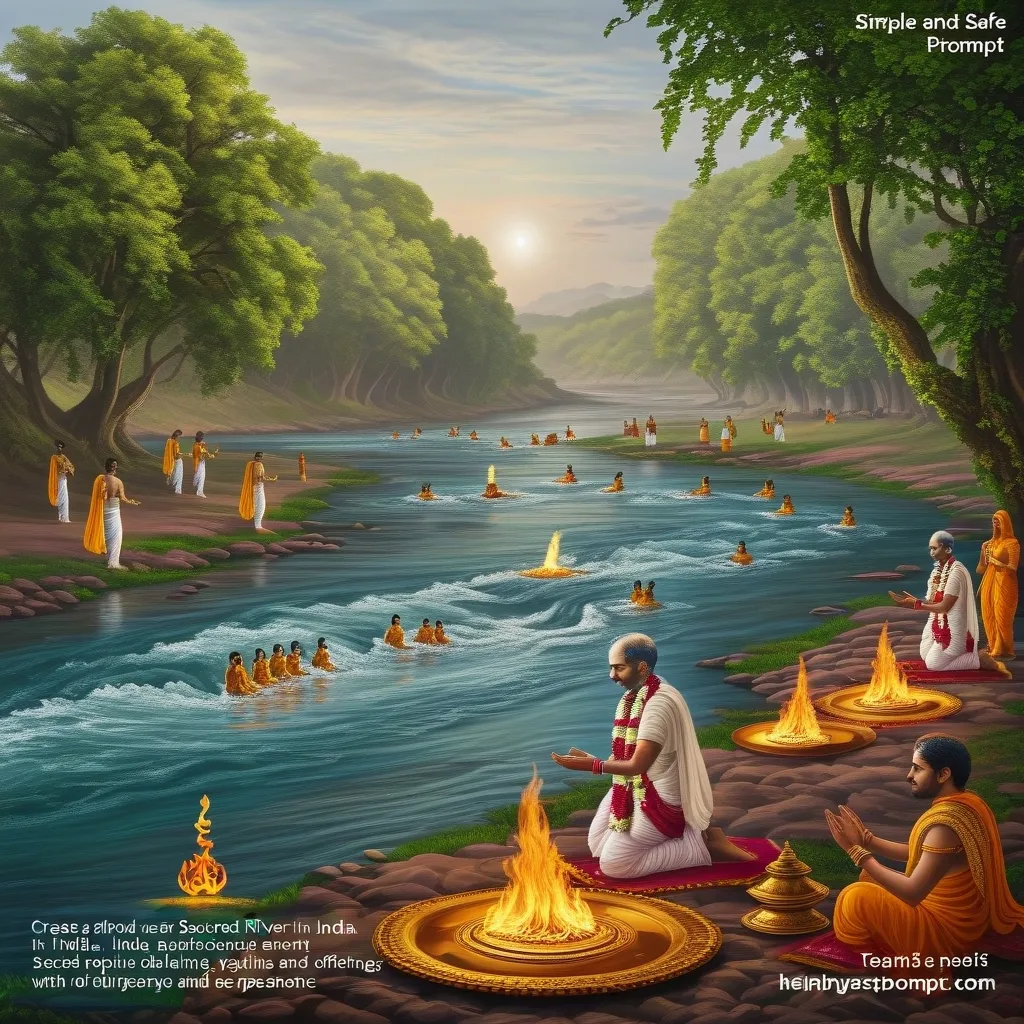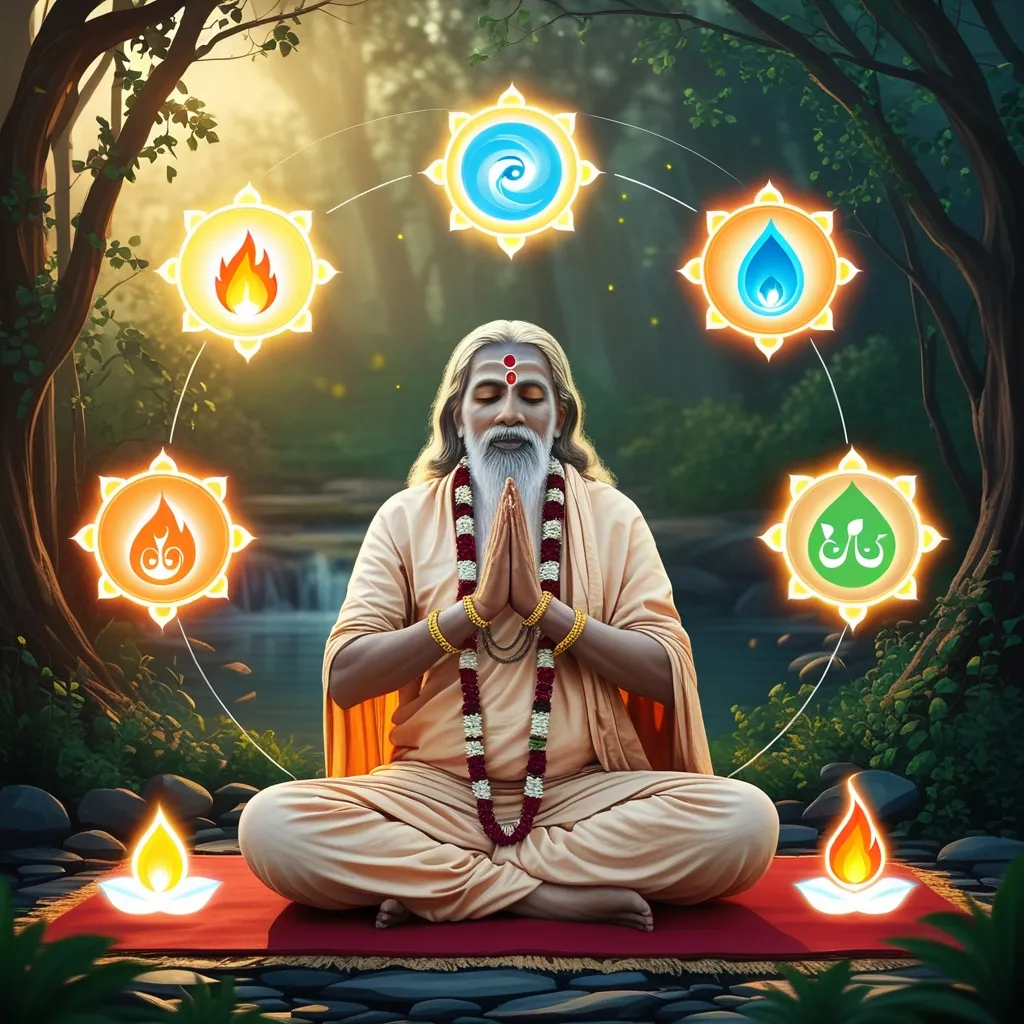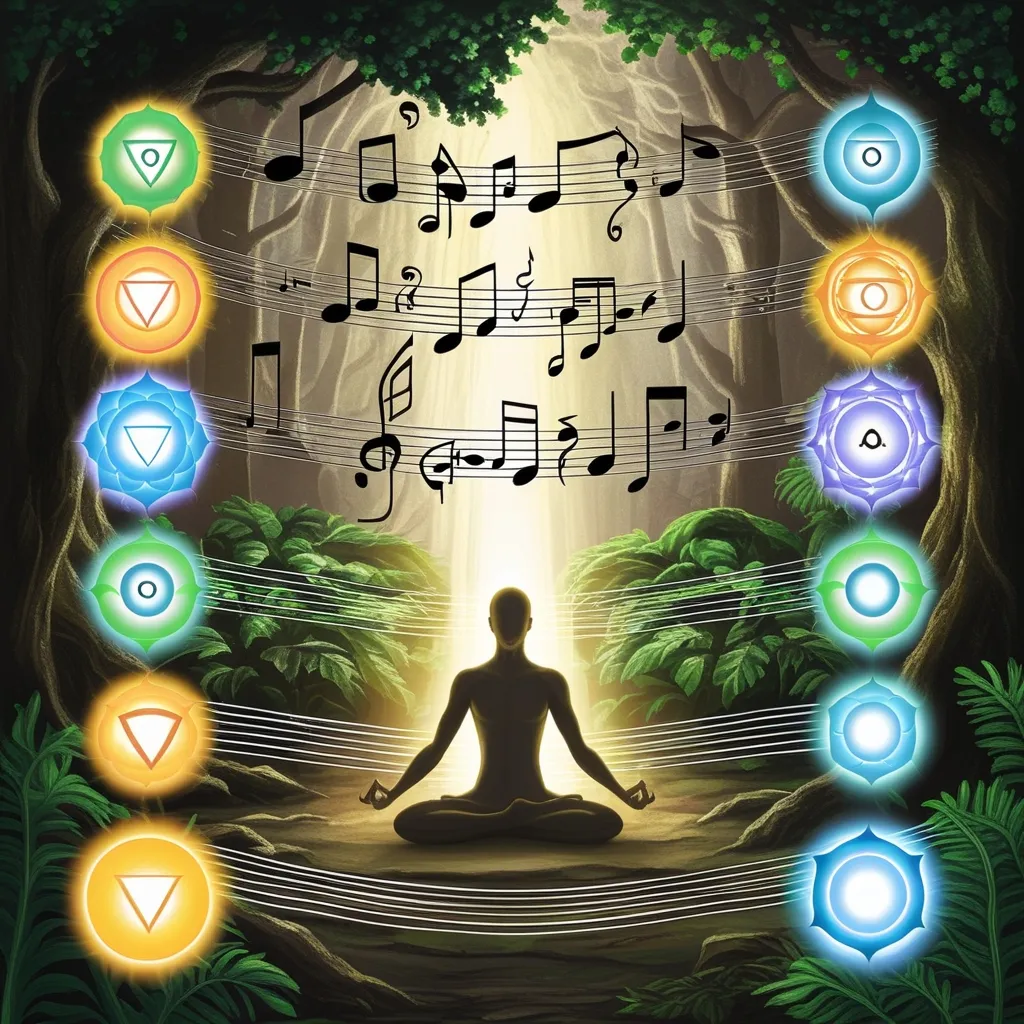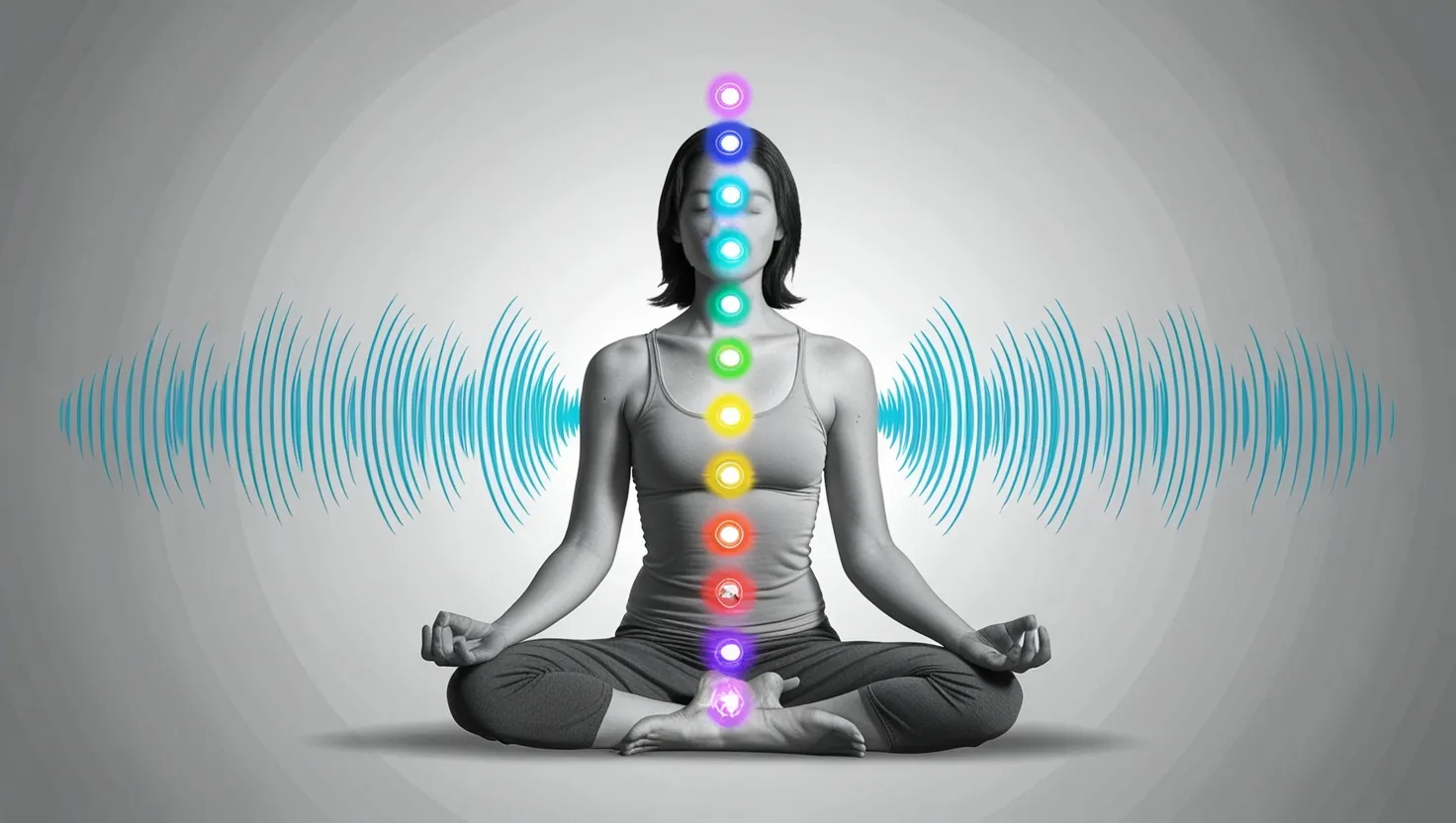Vedanta might sound ancient, but its teachings are timeless, blending seamlessly into modern life. Rooted in the sacred Vedas of India, Vedanta forms the philosophical backbone of Hinduism but stretches far beyond it, offering wisdom to anyone, regardless of their beliefs.
At its essence, Vedanta digs deep into understanding the ultimate reality and our true nature. It’s all about realizing the oneness of existence, where everything and everyone is interconnected. It tells us that our soul is divine and that different religions are just varied paths leading to the same truth. Brahman, the term for divinity in Vedanta, is infinite and dwells within us as the Atman, or the divine Self.
Life’s ultimate goal, according to Vedanta, is to discover and live out this divinity within us. It’s believed that this truth is our birthright and, through knowledge and experiences, we will eventually grasp it. Indicative of this unity is the Rig Veda’s wisdom, “Truth is one, sages call it by various names,” which beautifully captures the essence of diverse religious practices converging into a single truth.
Vedanta maps out four main paths to reach this goal, known as the Four Yogas. There’s Bhakti Yoga, which is all about loving and devoting oneself to the divine. Jnana Yoga takes the route of knowledge, using insight to uncover the divine nature within. Karma Yoga emphasizes selfless action, doing good without expecting gains. Lastly, Raja Yoga focuses on meditation, helping us experience higher consciousness and deepen our self-awareness.
A key aspect of Vedanta is the guidance of a guru or spiritual teacher who’s well-versed in realizing this ultimate truth. Practices like kundalini yoga, carried out under a guru’s watchful eye, can be intense yet profoundly enlightening, often described as a journey to the edge of life and back.
In terms of everyday life, Vedanta’s teachings shift our mindset from being greedy consumers to being generous contributors. It promotes living in service to others and embracing compassion, a message that’s especially crucial in an age riddled with systemic violence and inequality. Vedanta’s philosophy of radical love aligns with the ideas of social justice, advocating for a life driven by service and compassion as a form of political resistance.
While Vedanta can appear intellectual, grounding its principles in everyday emotions like love and compassion makes it relatable. It’s not just about thinking but living out a philosophy that cradles some of the deepest spiritual insights known to humanity. Engaging with Vedanta equips one with a mental framework that can touch the eternal Brahman, understanding it as the core of our true self.
All in all, Vedanta is more than an ancient philosophy; it’s a guide to understanding ultimate reality and our intrinsic divine nature. Its universal message of unity, along with practical paths and practices, encourages us to realize our true selves and embrace a life overflowing with service, compassion, and radical love.
